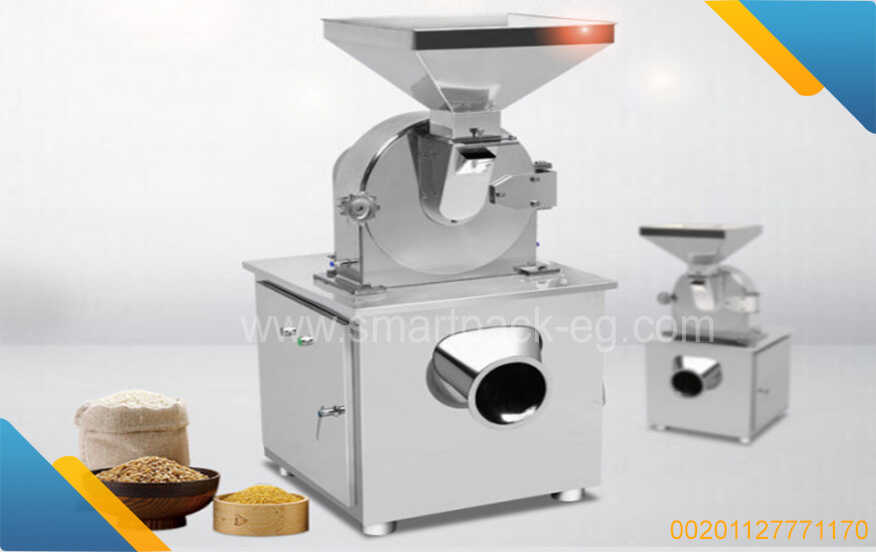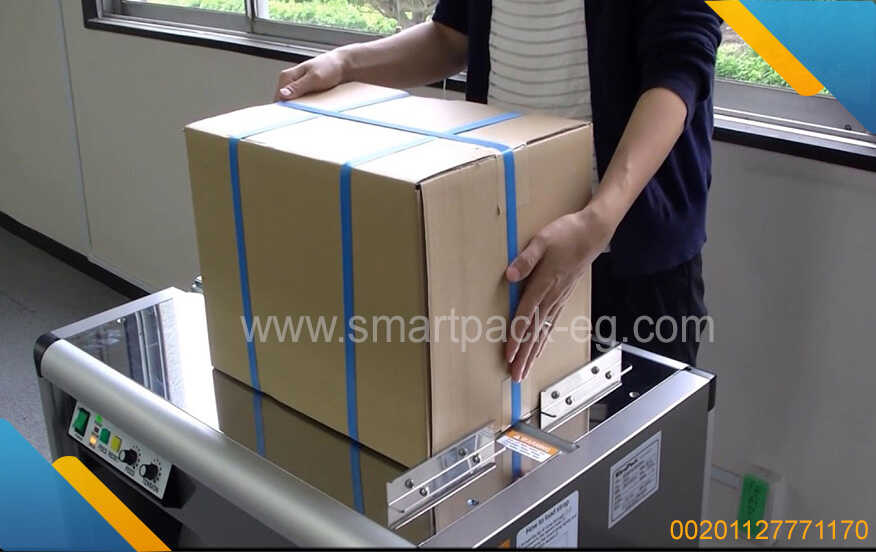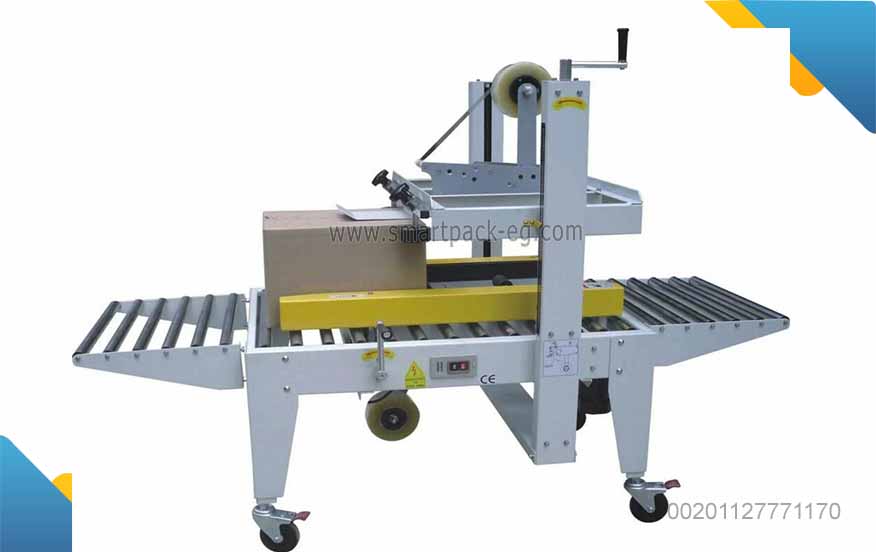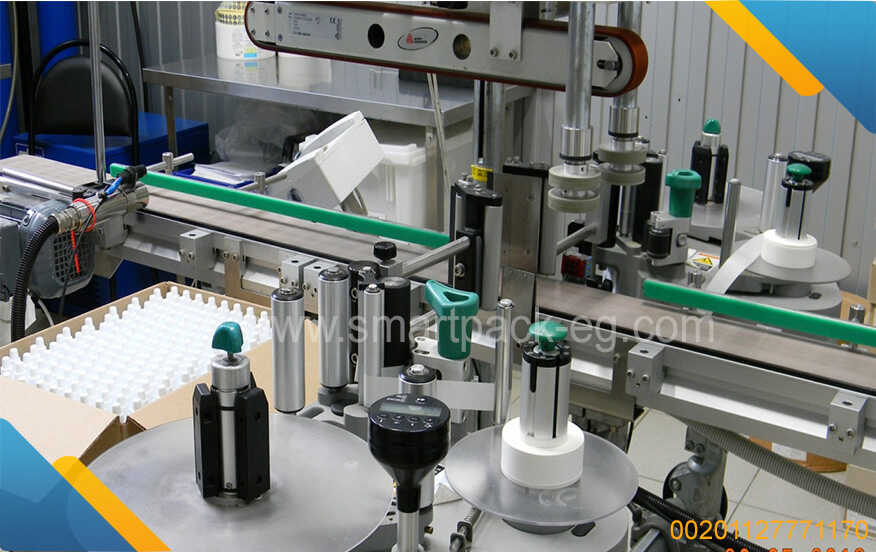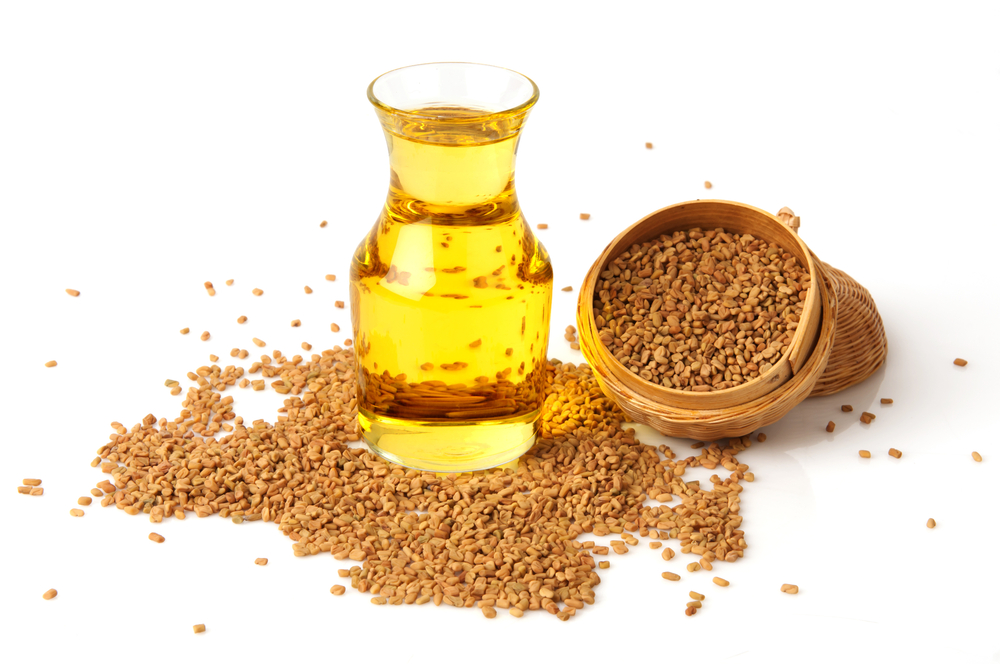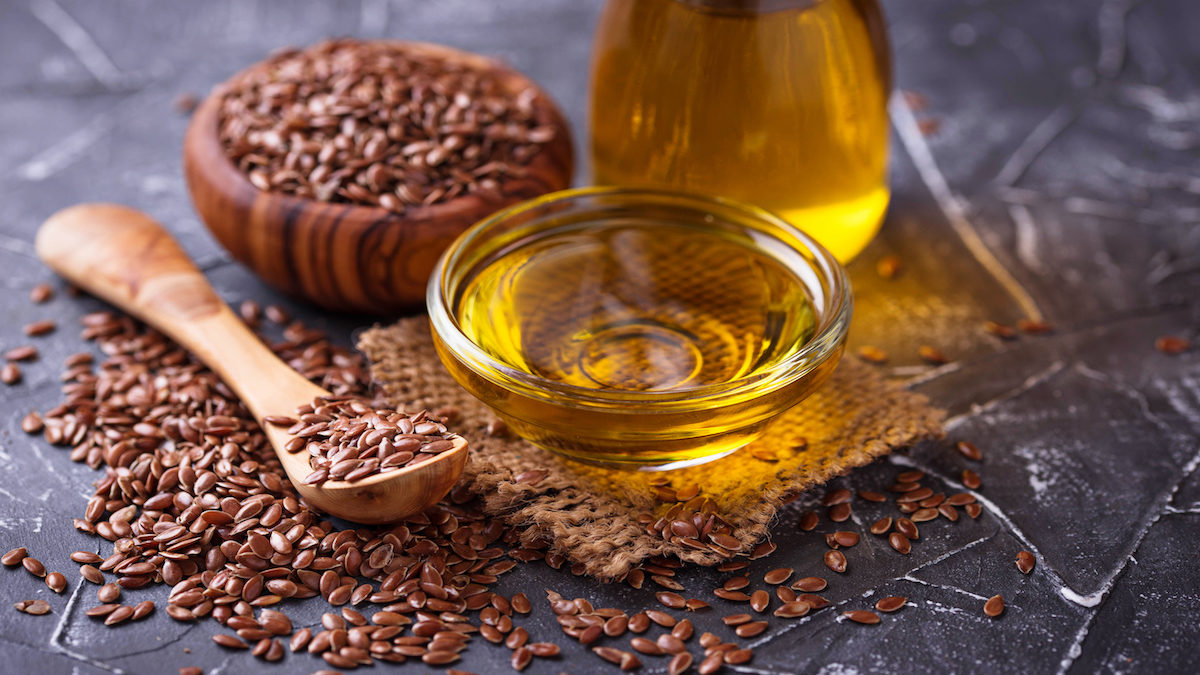How To Guide: Factory Machinery for Producing and Packing Olive Oil
Introduction:
In the food industry, the production and packaging of olive oil require specialized machinery to ensure efficiency and maintain the quality of the final product. This guide will discuss the types of machinery commonly used in olive oil production, their components, and their functions.
Types of Machinery:
-
Olive Oil Extraction Machines:
Olive oil extraction machines are designed to extract oil from olives. The two main types are:
a. Traditional Presses: These large machines use hydraulic pressure to extract oil from crushed olives. They are suitable for small-scale operations.
b. Decanter Centrifuges: These modern machines separate olive oil from water and solid residues using centrifugal force. They are ideal for larger production volumes. -
Olive Oil Filtration Machines:
Olive oil filtration machines are used to remove impurities and sediment from the oil before packaging. They come in two main types:
a. Plate and Frame Filters: These machines use a series of plates with filter media to remove solids, suspended particles, and water.
b. Vertical Leaf Filters: These machines use layers of filter cloth to remove impurities and provide excellent clarity to the olive oil. -
Olive Oil Packaging Machines:
Olive oil packaging machines streamline the process of bottling and packaging the final product. They include:
a. Bottle Filling Machines: These automated machines fill bottles with a predetermined quantity of olive oil, ensuring accuracy and consistency.
b. Capping Machines: These machines seal the bottles with caps or closures, providing a secure packaging solution.
c. Labeling Machines: These machines accurately apply labels to the olive oil bottles, enhancing branding and providing product information.
Components of Machinery:
-
Control Panels:
Machinery used in olive oil production comes equipped with control panels that enable operators to monitor and adjust various parameters, such as temperature, pressure, and speed. -
Conveyors:
Conveyors are used to transport olives, oil, and other materials between different stages of the production process. They can be belt, roller, or chain conveyors, customized to fit specific factory layouts. -
Pumps and Valves:
Pumps are essential components for transferring olive oil, water, and other fluids throughout the production process. Valves control the flow and pressure within the machinery, ensuring optimal performance. -
Sensors and Detectors:
Machinery often includes sensors and detectors to monitor parameters such as oil level, temperature, and pressure. These components ensure safe and efficient operation while maintaining product quality.
Conclusion:
Investing in the right machinery is crucial for the successful production and packaging of olive oil in a factory setting. By understanding the types of machinery available, their components, and their functions, manufacturers can make informed decisions and optimize their production processes. Ultimately, employing the appropriate machinery will ensure the efficient production of high-quality olive oil that meets customer demands.

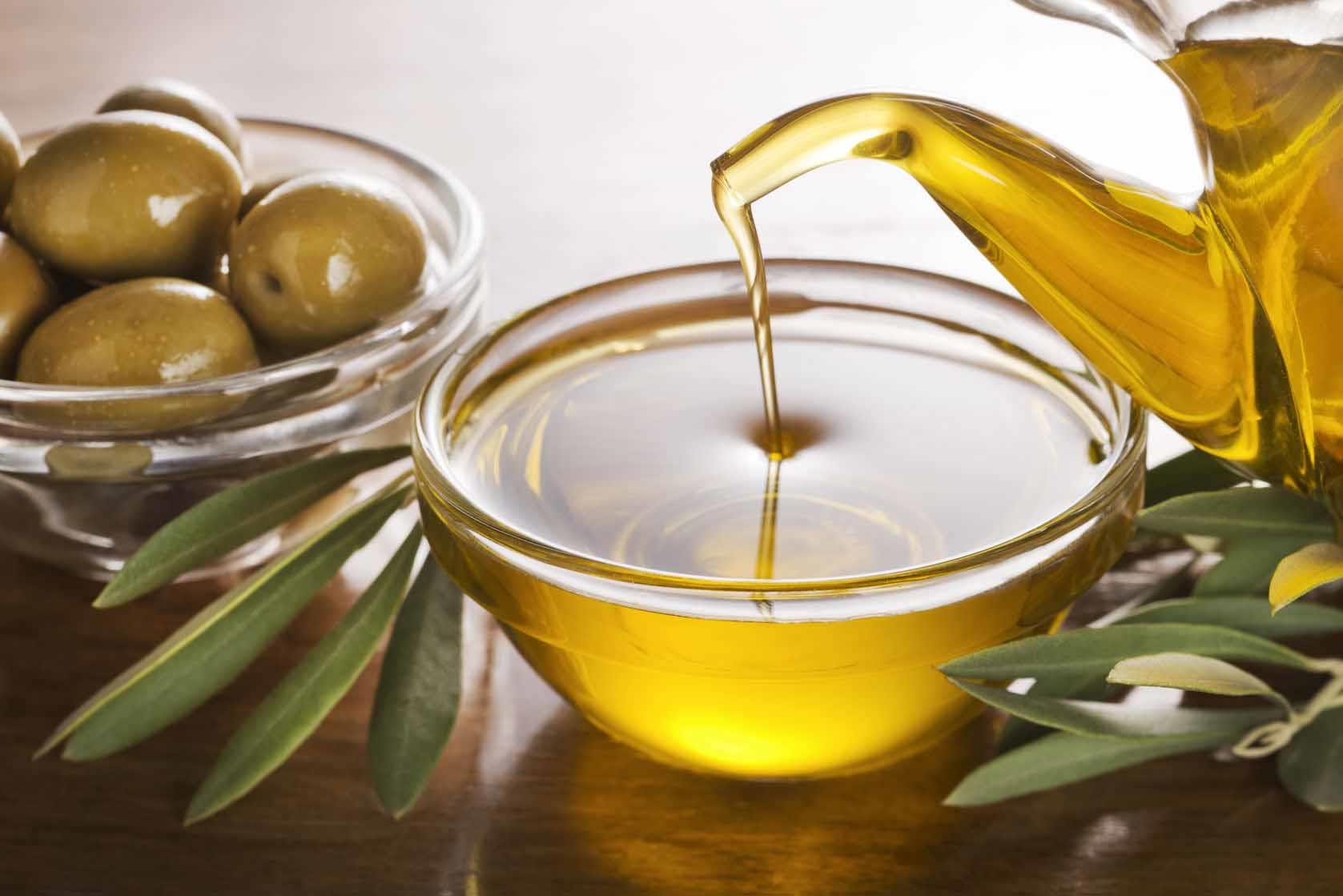
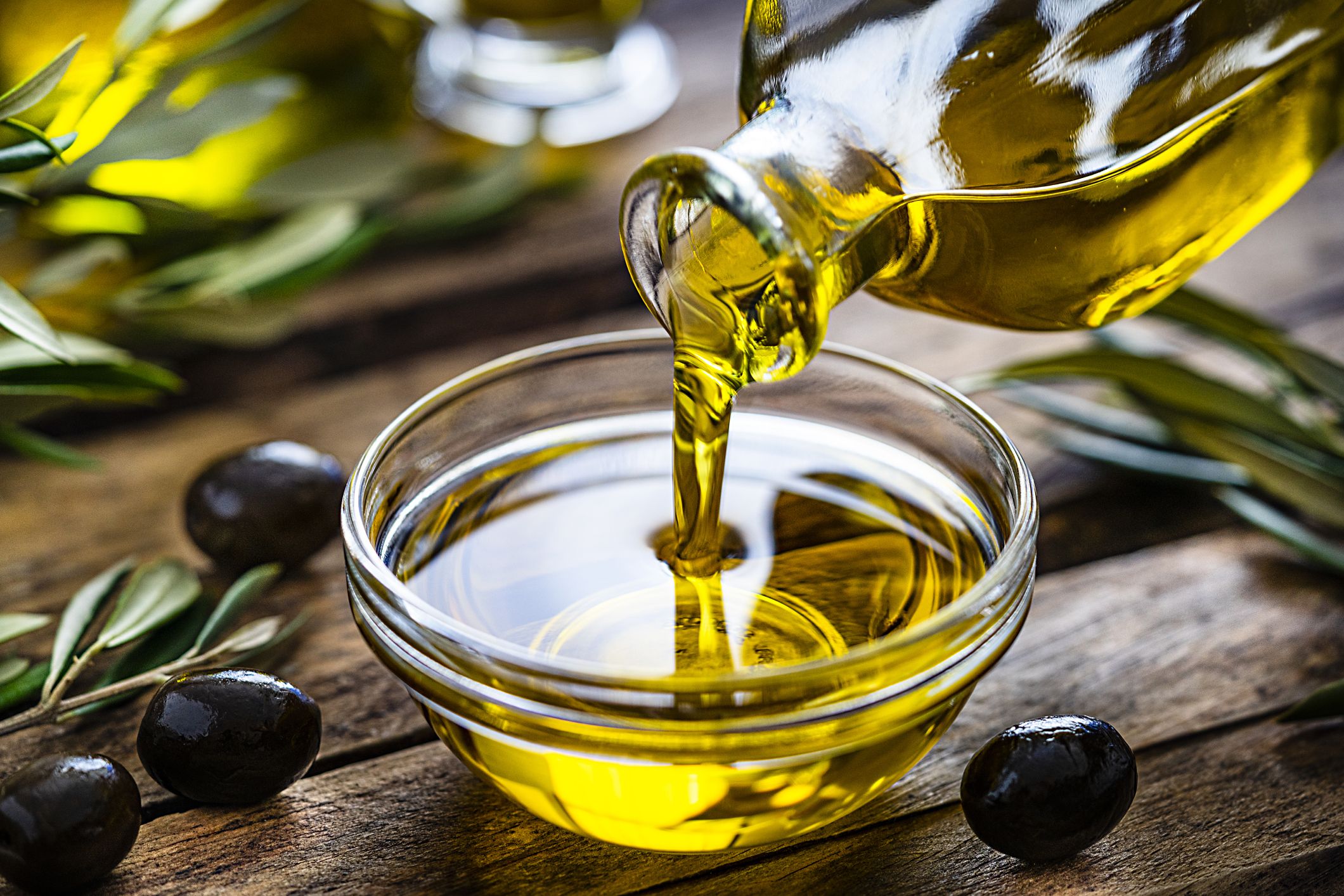
 Admin
Admin 